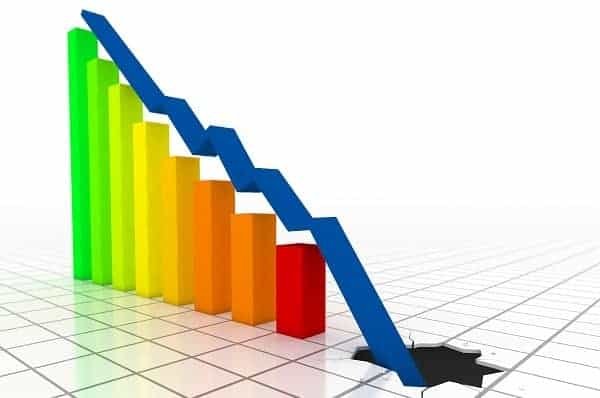What to eat during an economic crisis

Bulgaria has been in an economic crisis for more than 6 years, from which the recovery is extremely cumbersome, and the prospects for a possible acceleration of economic growth in the coming years, bearing in mind the deflation throughout Europe, are not favorable at all.
And that is why most of us Bulgarians have to count every lev we spend. And the big question that arises for most of us is how to eat properly in such a situation. What can we deprive of, and what should we not?
1. Meat
It is difficult for a person to live normally without meat – both morally and physically /for principled vegetarians, we will remain silent here/. Therefore, it must be present in our menu.
Those who try to save on meat are catastrophically lacking in animal protein, B vitamins (primarily B12) and iron.
And if the lack of protein is partially compensated by milk and legumes, the aforementioned elements are very difficult to absorb from food products of non-animal origin.
Economic options
• Chicken meat – it is twice as cheap as beef, and its culinary potential is as endless as space. Even if a person does not know how to cook, he can visit a culinary site and there he will find a wide variety of recipes and so he will not starve in these troubled times.
• Eggs – a valuable source of proteins, vitamin B12 and riboflavin. However, they are quite fatty, and therefore the World Health Organization, in its recommendations for healthy eating, advises to limit the use of eggs – up to 6 per week.
• Beef – bon fillet is, of course, not available to everyone. But this does not mean that one should completely deprive oneself of this meat.
The most budget parts are the shoulder, the chest and the shin. Minced meat is obtained from them – cheaper than if one buys it ready-made and, moreover, it is possible to control how much fat will end up in it.
Although making mincemeat is a relatively long process, and in our hectic daily lives, most of us do not have one. Therefore, beef shoulder, breast and shank are the easiest and fastest to prepare on the grill or in the oven. They can also be boiled.
2. Fish and seafood
Most nutritionists are of the opinion that fish, especially sea food, and seafood should be consumed no less than 2-3 times a week, as they contain almost everything we need necessary – proteins, vitamin A, D and group B, iodine, phosphorus and other valuable elements.
Economic options
• Herring – omega-3 and fat-soluble vitamins – these are the nutrients that are the main reason for its beneficial properties.
• Tsatsa – the cheapest fish in Bulgaria, which is also rich in omega-3, phosphorus and other vitamins, and is also small in size, and this is the reason why it does not accumulate mercury compounds in its body.
3. Dairy products
Milk and its derivatives – yogurt, cottage cheese, cheese and yellow cheese are one of the pillars of proper nutrition.
Economic options
• Sour milk – about 500 grams of it costs no more than 1 BGN, and it contains almost the entire daily amount of calcium in an easily digestible form and the probiotics important for normal digestion.
• Cottage cheese – the cheapest source of proteins, a kilogram of cottage cheese can be found for a price of about 3 BGN, and from only 500 of it a person can get the dose of protein he needs for the day.



